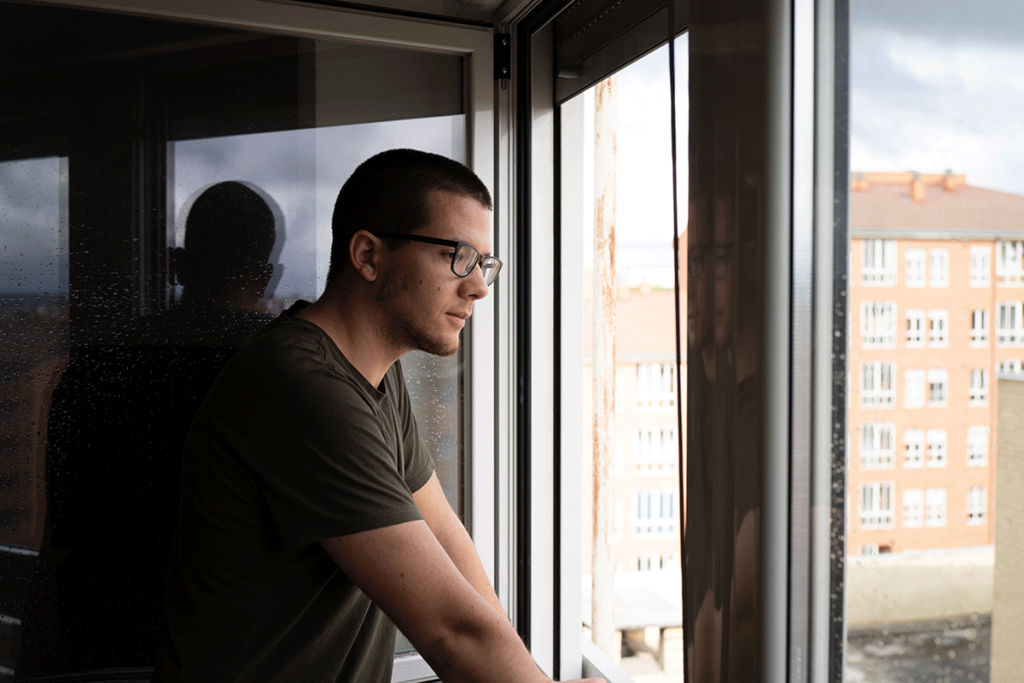Addiction can look different for everybody, depending on the individual as well as the substance they use. While sometimes challenging, recognizing signs it’s time for drug addiction treatment is crucial for initiating the recovery process. If you or somebody you know experiences substance use disorder, paying attention to specific symptoms and behaviors can help you determine when professional treatment in a drug rehab center is necessary.
If you believe that you or a loved one might require professional addiction treatment, reach out to Northpoint Seattle today at 888.483.6031.
3 Signs It’s Time for Drug Addiction Treatment
Admitting the need for treatment in a drug rehab center is a difficult thing to do. Knowing the signs it’s time for drug addiction treatment can help you or a loved one determine when to seek help. The following are a few things to look out for:
1. Loss of Control
One of the signs it’s time for drug addiction treatment is a loss of control over substance use. This may manifest in an inability to limit the amount or frequency of drug use despite the desire to do so. A person who is experiencing drug addiction might find that they consistently use more of the substance than intended or struggle to stop even when facing negative consequences such as health problems, legal issues, or strained relationships.
Continued drug use despite adverse consequences is a telling sign of a loss of control. These consequences may range from deteriorating physical and mental health to problems at work or school. When the desire to quit or cut down on substance use is overshadowed by the compulsion to continue using despite negative repercussions, seeking professional treatment becomes necessary.
2. Interference with Daily Life
When drug use starts interfering with daily life, responsibilities, and relationships, seeking drug addiction treatment becomes imperative. Signs of everyday disruptions may include:
- Neglecting work or school responsibilities
- Poor personal hygiene
- Financial difficulties
- Strained relationships with family or friends
- Lack of interest in activities once enjoyed
If substance use is constantly taking precedence over essential life commitments, it’s a sign of the need for drug addiction treatment. As substance use becomes a priority, a person may withdraw from social activities, self-isolate, or engage in behaviors that harm their relationships. Recognizing these disruptions in daily life is crucial for understanding the severity of the problem and the need for professional intervention.
3. Physical and Psychological Changes
Observable changes in physical and psychological well-being are clear signs you need drug addiction treatment. These changes may manifest in various ways and serve as visible evidence of substance abuse.
Physical health deterioration is a significant concern associated with drug addiction. Chronic health issues, frequent illnesses, or substantial weight changes may be signs it’s time for drug addiction treatment. Seeking treatment becomes essential not only to address the addiction but also to manage the potential health risks of substance abuse.
Mental health decline is another critical aspect to consider. Drug abuse can contribute to mental health issues such as anxiety, depression, paranoia, or cognitive impairments. These changes may be subtle or pronounced, affecting a person’s ability to function in their daily life. Professional treatment can address both substance use disorders and co-occurring mental health issues, providing a comprehensive approach to recovery that can lead to lasting wellness.
Call Today to Discuss Drug Addiction Treatment Options at Northpoint Seattle
If these signs feel familiar to you, it may be time to seek treatment in a drug rehab center. At Northpoint Seattle, we have a comprehensive team of addiction specialists prepared to help you begin your journey toward recovery. Contact us online or by calling 888.483.6031 to discuss treatment options.

